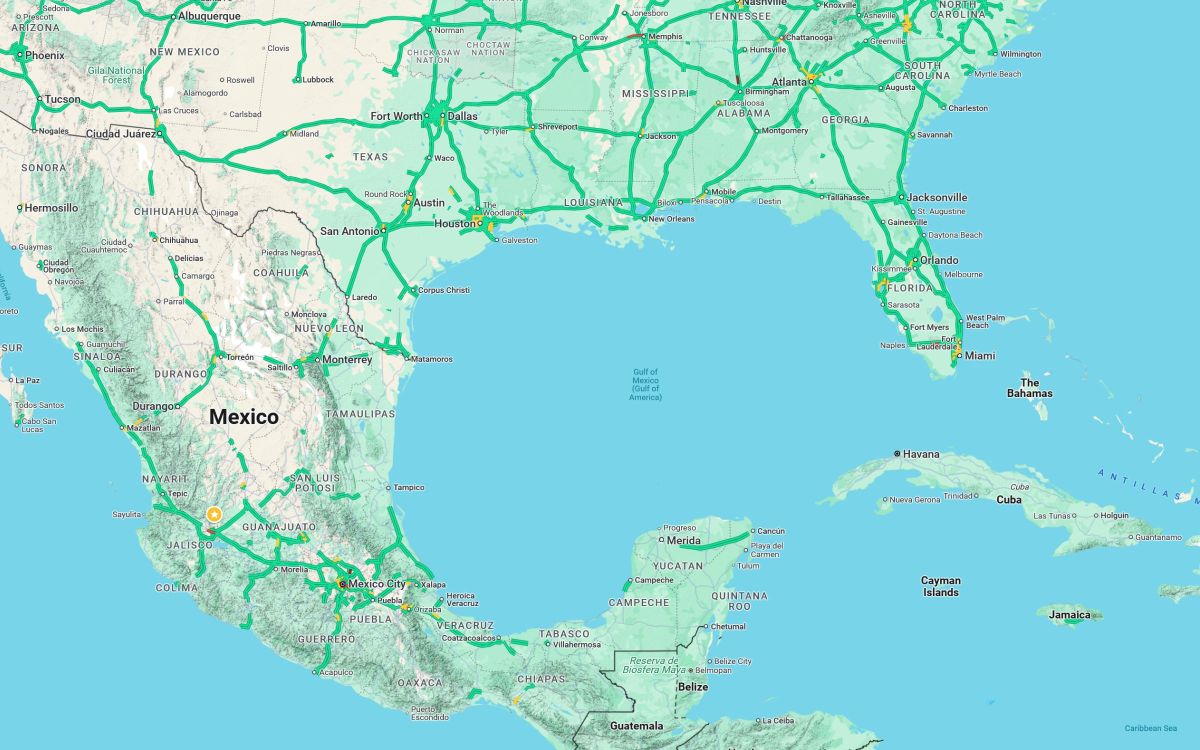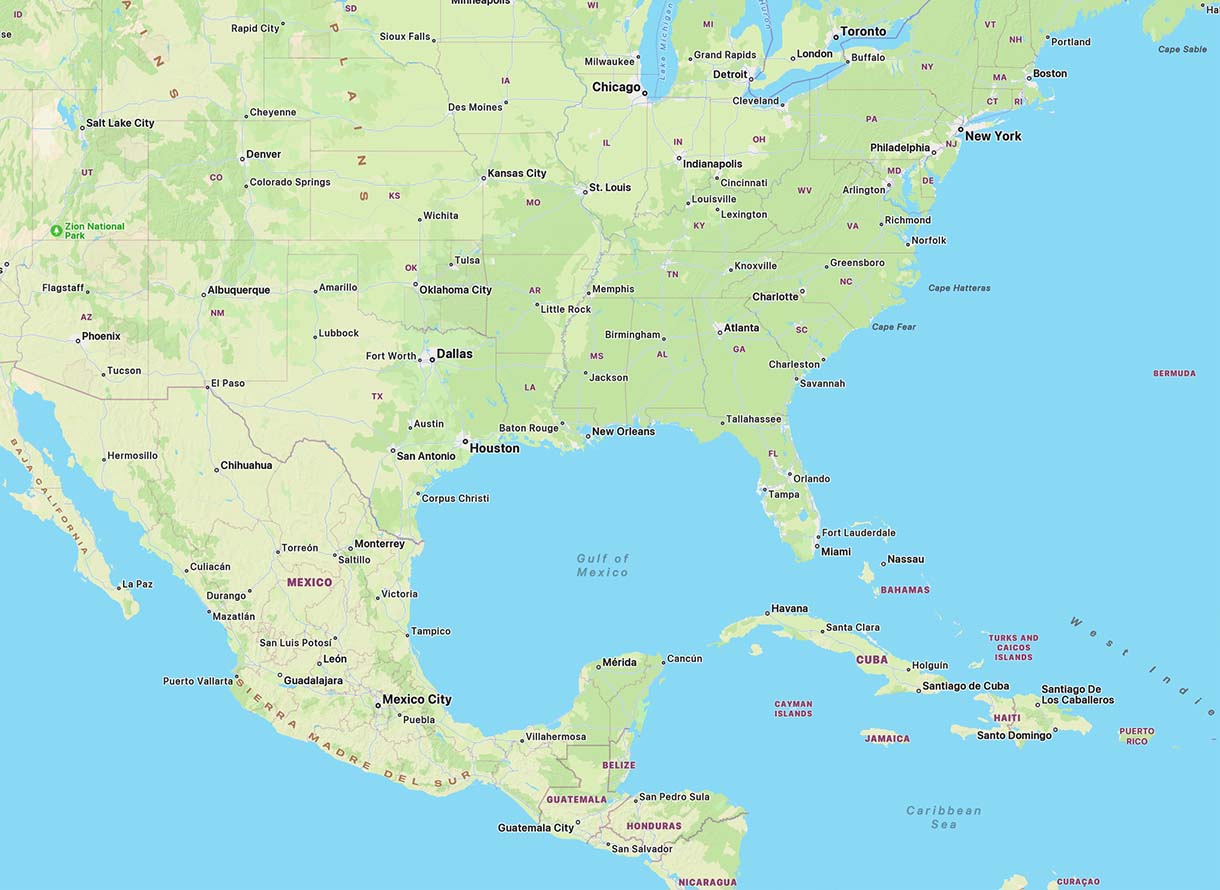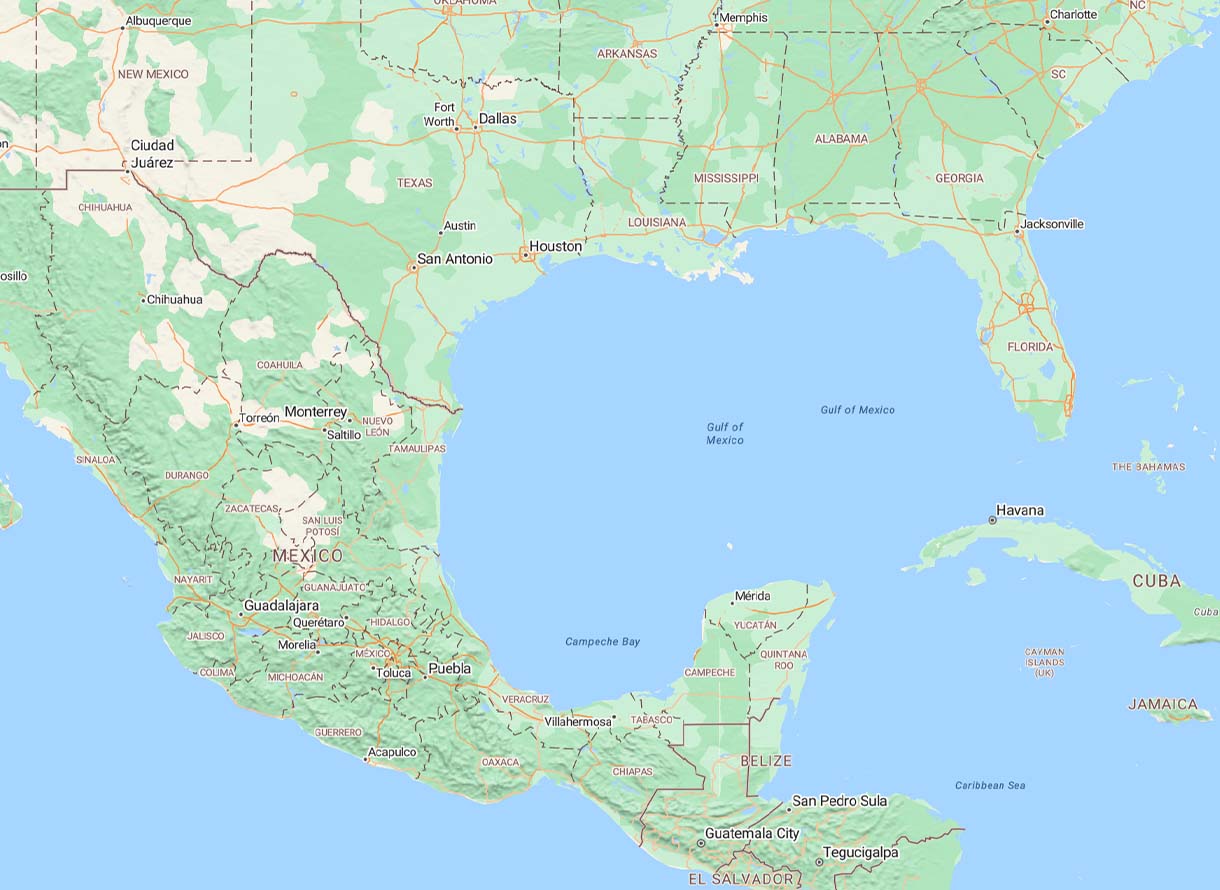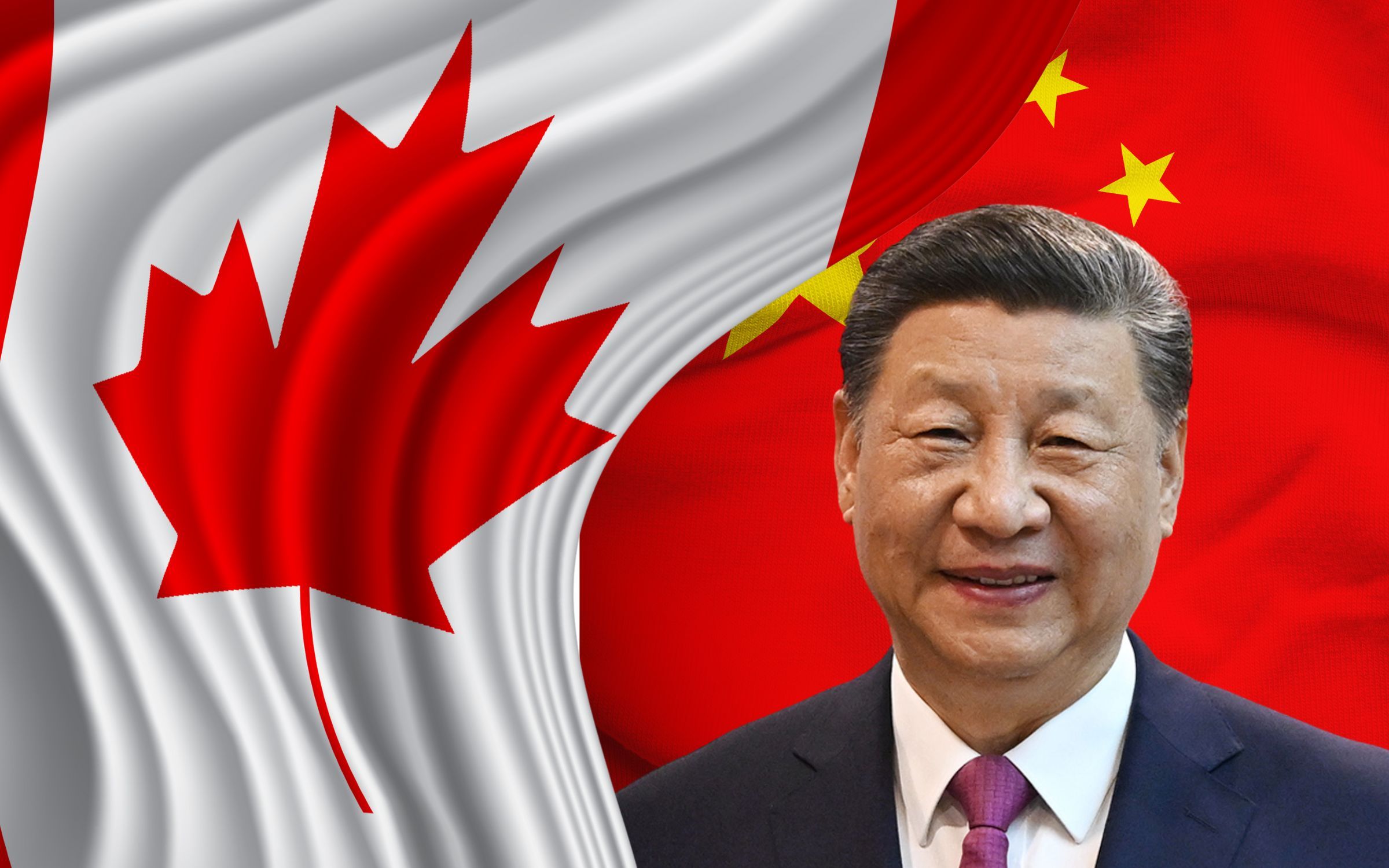The Gulf of America: A Unifying Name for a Shared Region

In a surprising move, President Donald Trump signed an executive order to rename the Gulf of Mexico to the "Gulf of America." While the decision has sparked debate, a curious development has emerged: Google Maps appears to have adopted the new name, labeling it the "Gulf of Mexico (Gulf of America)."
Meanwhile, other mapping services like Bing Maps and Apple Maps continue to use the traditional "Gulf of Mexico." Despite the initial confusion, there’s an argument to be made that the "Gulf of America" could be a positive and unifying change for the region—one that reflects the shared identity and interconnectedness of the Americas.
The Gulf of Mexico has long been a vital geographic and cultural feature of North America, Central America, and the Caribbean. It touches the shores of the United States, Mexico, Cuba, and several other nations, serving as a hub for trade, biodiversity, and shared history. Renaming it the "Gulf of America" could, in some ways, better reflect the collective identity of the region. After all, the term "America" encompasses not just the United States but the broader Americas—a continent united by geography, history, and shared challenges.

One of the most compelling arguments for the name change is its potential to foster a sense of unity. The Gulf is a shared resource, and its waters connect diverse nations. For the United States, Mexico, and Caribbean countries like Cuba, the Gulf is a common thread, linking economies through shipping routes, fishing industries, and tourism. It’s also a shared environmental responsibility, as events like the Deepwater Horizon oil spill demonstrated the need for cross-border cooperation. By calling it the "Gulf of America," we might emphasize this interconnectedness, reminding all nations in the region that they share both the benefits and the burdens of this vital body of water.
Moreover, the name "Gulf of America" could resonate culturally. The Americas, despite their diversity, share a common history of exploration, colonization, and resilience. The Gulf has been a gateway for migration, trade, and cultural exchange for centuries. For Caribbean nations, which are often overlooked in discussions of "America," the name could serve as a reminder of their integral role in the region’s identity. It’s a name that invites inclusivity, acknowledging that "America" is not just the United States but a broader, more diverse continent.
Of course, the name change is not without its challenges. The Gulf of Mexico has a rich historical and cultural significance, and many argue that renaming it erases centuries of tradition. The name "Mexico" itself reflects the deep ties between the Gulf and the nation that shares its coastline, and changing it could be seen as diminishing Mexico’s historical connection.

However, these concerns can be addressed. The name "Gulf of America" does not erase history but reframes it, emphasizing the shared nature of the region. More importantly, the name change could spark conversations about how we define our geographic and cultural identities. It’s an opportunity to reflect on what unites us rather than what divides us.
From a practical standpoint, the "Gulf of America" has a certain ring to it. It’s bold, memorable, and reflective of the region’s importance to the continent. For Americans in the United States, it reinforces the Gulf’s significance to national identity, from the vibrant culture of New Orleans to the economic powerhouse of Houston. For Mexicans, it acknowledges their essential role in the region’s history and economy. And for Caribbean nations, it offers a chance to be included in a broader narrative of "America."
In the end, the renaming of the Gulf of Mexico to the Gulf of America is more than a symbolic gesture—it’s a chance to reimagine how we see ourselves as a region. It’s a name that celebrates shared history, shared resources, and shared challenges. While the typo on Google Maps may have muddled the rollout, the underlying idea is worth considering. The Gulf of America could be a name that unites us, reminding all people of the region—whether in the United States, Mexico, or the Caribbean—that we are bound by the waters we share. And in a world often divided by borders, that’s a change worth embracing.



